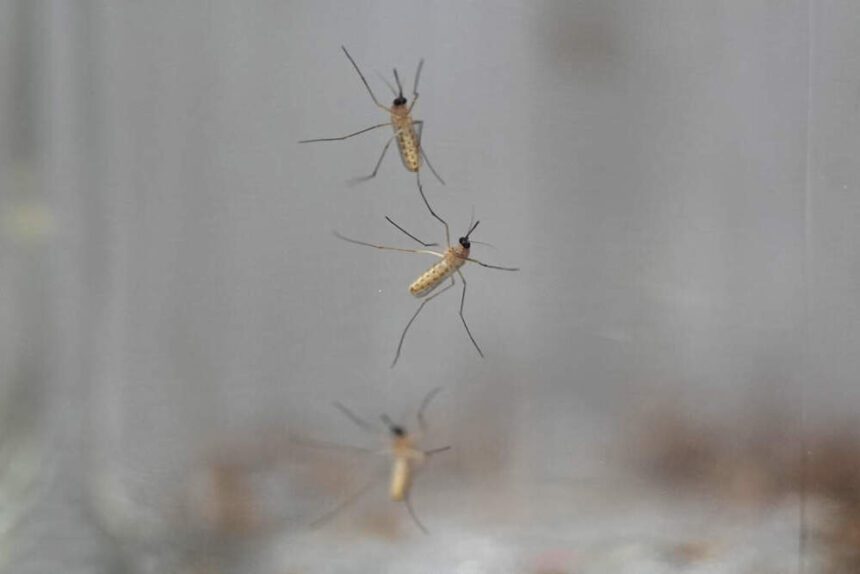Massachusetts Health Alert: Preventing West Nile Virus and EEE, Massachusetts health officials have issued a warning regarding the rising risk of West Nile virus and Eastern Equine Encephalitis (EEE) as mosquito season peaks. The Centers for Disease Control and Prevention (CDC) emphasize the importance of taking preventive measures to avoid mosquito bites and reduce the risk of these potentially severe diseases.
Key Prevention Tips:
- Use EPA-registered insect repellents: Products containing DEET, picaridin, or oil of lemon eucalyptus are recommended.
- Wear protective clothing: Long-sleeved shirts and long pants can help minimize skin exposure.
- Avoid peak mosquito activity times: Mosquitoes are most active during dawn and dusk.
- Keep mosquitoes out: Ensure window and door screens are intact and use air conditioning when possible.
- Eliminate standing water: Mosquitoes breed in stagnant water, so regularly empty and clean birdbaths, flowerpot saucers, and gutters.
Health officials advise residents to stay informed about local mosquito activity and follow public health updates. The CDC continues to monitor the situation and provide resources for communities to stay safe.
Conclusion
Taking these precautions can significantly reduce the risk of mosquito-borne diseases. Stay vigilant, protect yourself and your family, and enjoy a safer summer season.
FAQs
1. What are the symptoms of West Nile virus? Symptoms can include fever, headache, body aches, skin rash, and swollen lymph nodes. Severe cases may involve neurological issues.
2. How is EEE transmitted? EEE is transmitted through the bite of an infected mosquito. It is a rare but serious illness that can cause inflammation of the brain.
3. Can pets get West Nile virus or EEE? Yes, pets can be affected. It’s important to consult your veterinarian for preventive measures for your animals.
4. Are there treatments available for West Nile virus and EEE? There are no specific treatments for either disease. Supportive care and symptom management are the primary approaches.
5. How can I stay updated on mosquito activity in my area? Check local health department websites and subscribe to public health alerts for the latest information on mosquito activity and related health advisories.





